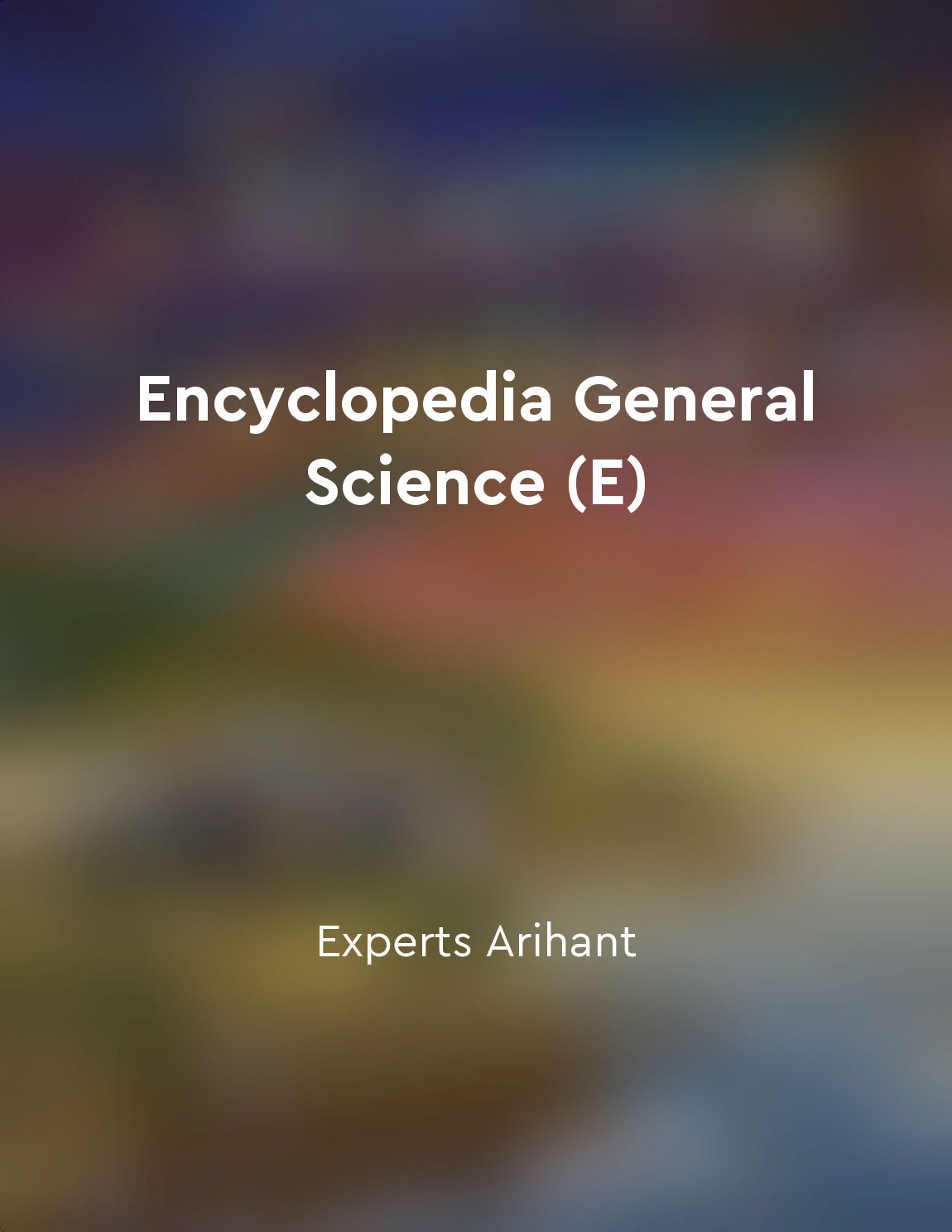Alkanes are saturated hydrocarbons with single bonds from "summary" of Organic Chemistry by John E. McMurry
Alkanes are composed of carbon and hydrogen atoms connected by single bonds, making them saturated hydrocarbons. The term "saturated" indicates that each carbon atom in an alkane is bonded to the maximum number of hydrogen atoms possible, resulting in a stable molecular structure. This characteristic distinguishes alkanes from unsaturated hydrocarbons, such as alkenes and alkynes, which contain double or triple bonds between carbon atoms. The single bonds in alkanes provide flexibility in molecular shape, allowing these compounds to adopt various conformations. However, due to the presence of only single bonds, alkanes lack the reactivity associated with multiple bonds. The absence of double or triple bonds in alkanes limits their ability to undergo addition reactions, which are common in unsaturated hydrocarbons. The saturation of alkanes with single bo...Similar Posts
Thermodynamics deals with energy changes in chemical reactions
Thermodynamics is a branch of chemistry that focuses on energy changes in chemical reactions. In other words, it deals with how...

Physiology is the study of how living organisms function
Physiology, as a scientific discipline, delves into the intricate mechanisms governing the functioning of living organisms. It ...
Boyle's law relates pressure and volume of a gas
Boyle's law is a fundamental principle in the study of gases. It establishes a relationship between the pressure and volume of ...
Importance of research in drug development
Research plays a crucial role in drug development, as it provides the foundation for the discovery, design, and development of ...
Amines contain a nitrogen atom bonded to hydrogen atoms
Amines are organic compounds that contain nitrogen atoms bonded to hydrogen atoms. This nitrogen atom is the key feature that d...
